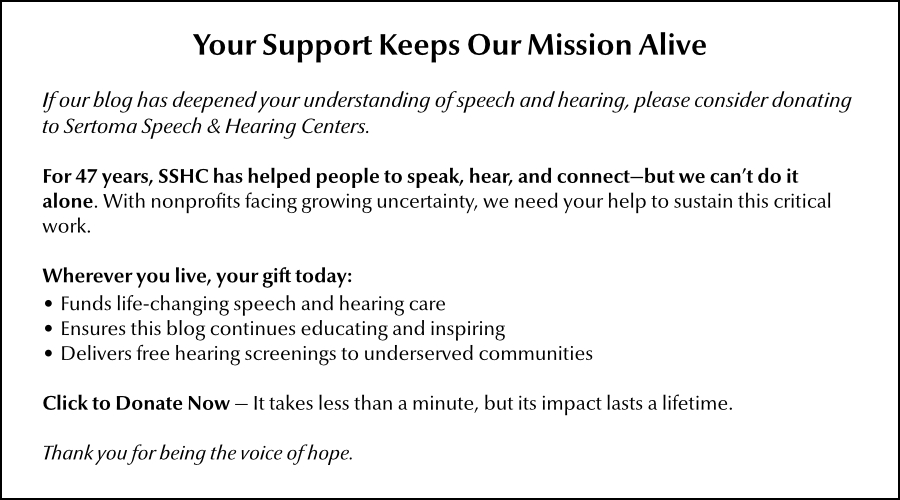As we age, hearing loss creeps in—but it’s not entirely about sound volume. A new study of 2,760 people reveals a hidden hurdle: uneven hearing between ears significantly worsens speech comprehension.
Why it matters
Speech discrimination (understanding words) is your lifeline to conversations, mental health, and staying connected. Letting asymmetrical hearing loss go unchecked could accelerate social isolation, depression, or even cognitive decline.
A clear trend
Speech discrimination steadily decreased with age, regardless of the overall level of hearing loss. For example, in people with moderate hearing loss, the oldest age group (90-99 years old) scored significantly lower on the speech test than the youngest (10-39 years old).
- 5,508 ears tested (ages 10–99) showed speech clarity drops significantly after age 70.
- Dominant vs. Nondominant Ears
- In mild hearing loss, the researchers did not find a significant speech discrimination difference between dominant and nondominant ears.
- In moderate or severe hearing loss, nondominant ears consistently exhibited worse speech discrimination across all age groups.
- Worse-hearing ears scored 30–50% lower in speech tests if hearing loss was moderate/severe.
The big picture
Hearing aids often focus on the “better” ear. However, this study found that ignoring the worst deprives the brain of sound input, accelerating speech comprehension decline. Early intervention could slow this.

A closer look
The researchers also discovered that having significantly worse hearing in one ear—a difference of 20 decibels or more compared to the other ear—made speech understanding harder. This was especially true for people with moderate or severe hearing loss.
- Imagine trying to follow a conversation in a noisy room with one ear plugged—it's a real challenge!
The takeaway
The researchers recommend that hearing tests should assess speech comprehension, not just sound detection, particularly for older adults.
- If you struggle to understand conversations even though sounds seem clear, you should have a thorough hearing assessment performed by an audiologist.
- Early intervention with hearing aids can greatly enhance communication and quality of life.
Healthy hearing starts here
Healthy hearing starts with a free 15-minute hearing screening by an audiologist.
★ Call 708-599-9500 to schedule your free screening.
★ For facts about hearing loss and hearing aid options, download The Hearing Loss Guide.
★ Sign up for our newsletter for the latest on Hearing aids, dementia triggered by hearing loss, pediatric speech and hearing, speech-language therapies, Parkinson's Voice therapies, and occupational-hearing conservation. We publish our newsletter eight times a year.
Don't let untreated hearing loss spoil your quality of life.


